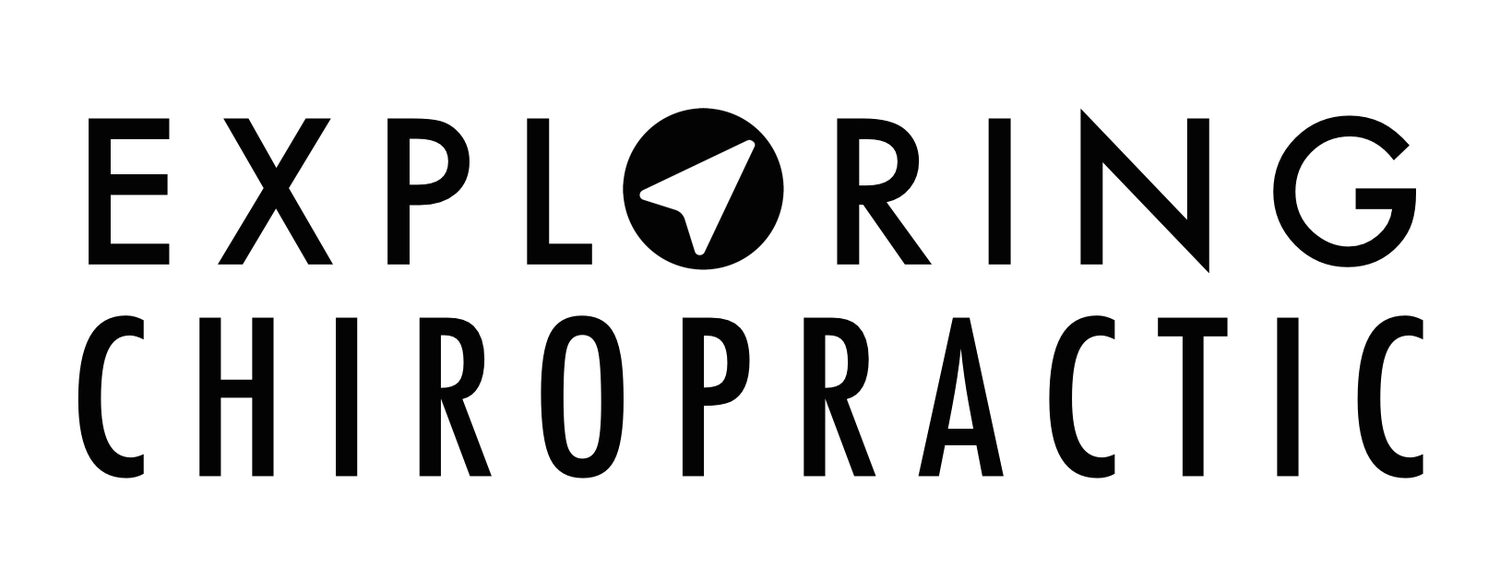Transparency in Medicine
This post originally appeared on my personal blog at nathancashion.com in 2016.
As I'm launching into practice, I've been going through my notes on things I need to do after I'm licensed. Some of the tasks include:
- Apply for Disability Insurance
- Sign up for WellPDX (a local marketing site for alternative healthcare providers)
- Work on insurance panel applications (no thanks!)
Another task was "Sign up for Who's My Doctor." I figured it was another marketing site, or something like HealthGrades.com where patients rate the doctor.
I checked it out, and was surprised that it's something quite different. Who's My Doctor is now a petition called Total Transparency in Medicine. It stems from a project by Dr. Leana Wen to encourage doctors to disclose important information to their patients. (Watch her TED Talk above.)
This includes information such as whether they receive payments from pharmaceutical companies, their opinions on women's rights in regards to their health, whether they plan to do everything in their power to delay death, or whether they respect a patient's decision to die peacefully.
This information is not readily shared by many doctors. In fact, as you'll hear in the TED Radio Hour segment below, many doctors vehemently disagreed with her petition and even desired her physical harm for what she was proposing.
I've long had concerns with conflict of interest in medicine. It was a small factor directing me to chiropractic - this common complaint that medical doctors are in the pockets of the pharmaceutical companies, that they get treated to expensive dinners and luxurious weekend getaways for prioritizing a particular drug, or even prescribing it when not medically necessary.
The great secret is that chiropractors are just as subject to conflict of interest – perhaps to a lesser degree, or at least slightly lower earning potintial.
Take herbal supplements, for example. Many chiropractors sell nutritional supplements in their office - often at standard retail mark-up of 50%. That means half of the price you pay, goes into the pockets of the business. Supplements are a a $40-100 billion dollar industry in the U.S., and this says nothing of the rehab tools, cervical pillows, kinesiology tape, etc.
Research suggests chiropractors are just as subject to over-prescribing these products whether they earn a profit or not. 1
A great example of this is Dr. Dan Murphy's anti-aging protocol, which I wrote about in 2014. Dr. Murphy is a consultant for NutriWest and teaches seminars on a variety of topics. He's engaging, quick-witted, almost certainly has an eidetic memory, and speaks so quickly and convincingly you barely have an opportunity to critically evaluate what he's saying.
In a continuing education seminar I attended, he recommended a list of supplements for brain health and anti-aging. I took the liberty of calculating the monthly cost of these 10 supplements and was astonished at the result.
> $523.33 per month
And that is just for one person.
Dr. Dan Murphy recommends multiple daily supplements for brain health and "anti-aging" to avoid hefty medical expenses and insurance deductibles. Yet the monthly cost of this regimen is significantly more than most insurance premiums.
My Policy
To address these personal concerns and minimize conflict of interest with recommending supplements, I've looked for tools to separate profit from recommendations.
FullScript (formerly HealthWave) is a great tool for prescribing and recommending supplements to patients without dealing with the hassle of inventory. I can choose the price-point - any where from at cost (0% profit, but 30% discount to the patient) to MSRP (30% profit, no discount). I can also include dose recommendation, educational information in the form of attached info sheets or links to research and videos.
I also currently provide K-Tape for free. Once my practice gets busier I will likely adopt the model of having patients pay retail or wholesale cost for a roll and then include the application of tape in my treatment cost.
Your Thoughts?
I know many colleagues disagree, though I am interested in hearing their thoughts.
Even more, I'd be curious to hear what patients think of their doctors providing products, supplements, rehab tools, etc. in their clinic.
Does it worry you that your doctor may have a conflict of interest in their treatment?

